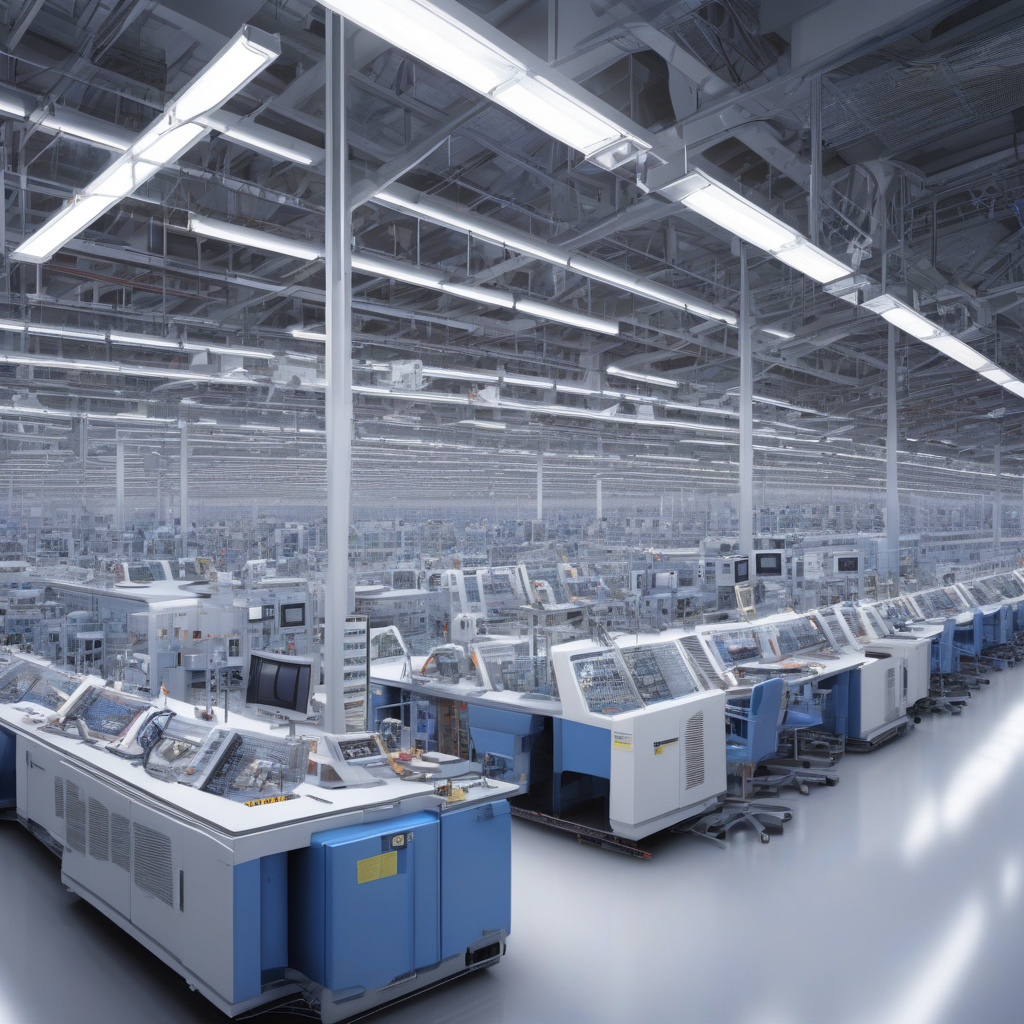Foxconn Adjusts Production Strategy in Response to US Tariff Changes
Foxconn, a Taiwanese electronics manufacturing giant, is known for its adaptability and strategic agility in the ever-changing global market. Recently, the company has announced plans to adjust its production strategies in response to the shifting landscape of US tariffs and escalating trade tensions. This move underscores Foxconn’s commitment to staying ahead of the curve and navigating complex economic challenges with resilience and innovation.
The decision to recalibrate production operations comes in the wake of the US government’s imposition of tariffs on certain imported goods, including electronics components and products. These tariffs have significant implications for companies like Foxconn, which rely on international supply chains and global market demand to drive their business. By proactively addressing the impact of these policy changes, Foxconn demonstrates its proactive approach to mitigating risks and seizing opportunities in a dynamic business environment.
Flexibility has always been a cornerstone of Foxconn’s business model. The company’s ability to swiftly adjust production levels, optimize sourcing strategies, and realign manufacturing facilities in response to market conditions sets it apart as a leader in the industry. By leveraging its extensive network of suppliers, partners, and production facilities across different regions, Foxconn can effectively navigate geopolitical uncertainties and trade disruptions while maintaining operational excellence and cost efficiency.
Moreover, Foxconn’s emphasis on global economic concerns reflects its deep understanding of the interconnected nature of today’s markets. As trade tensions persist between major economies, such as the US and China, companies must proactively assess the potential risks and opportunities that arise from geopolitical developments. Foxconn’s proactive stance in addressing these challenges underscores its commitment to sustainable growth and long-term success in a volatile global landscape.
In practical terms, Foxconn’s production adjustments may involve diversifying its manufacturing footprint, optimizing production schedules, and exploring alternative sourcing options to mitigate the impact of tariffs on its supply chain. By strategically reallocating resources and redistributing production capacities, Foxconn aims to minimize disruptions, optimize cost structures, and enhance its competitive position in key markets.
Furthermore, Foxconn’s proactive response to US tariff changes sets a positive example for other companies facing similar challenges in the current economic climate. By embracing flexibility, innovation, and strategic foresight, businesses can effectively navigate uncertainties and transform risks into opportunities for growth and sustainability. Foxconn’s proactive stance reaffirms the importance of adaptability and resilience in an increasingly volatile and interconnected global economy.
In conclusion, Foxconn’s decision to adjust its production strategies in response to US tariff changes highlights the company’s proactive approach to addressing economic challenges and leveraging opportunities in a dynamic business environment. By emphasizing flexibility, global economic concerns, and strategic agility, Foxconn sets a benchmark for industry leadership and resilience in the face of geopolitical uncertainties. As companies navigate the complexities of today’s global market, proactive adaptation and strategic foresight will be key to driving sustainable growth and success in the long run.
Foxconn, production strategy, US tariff changes, global economy, trade tensions












